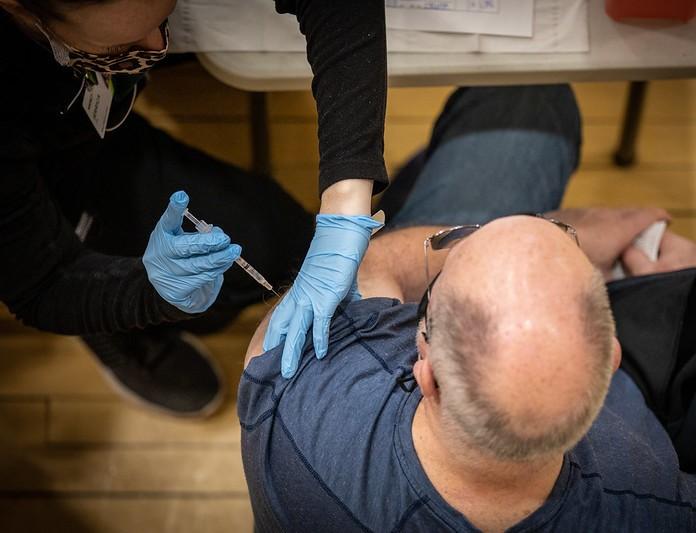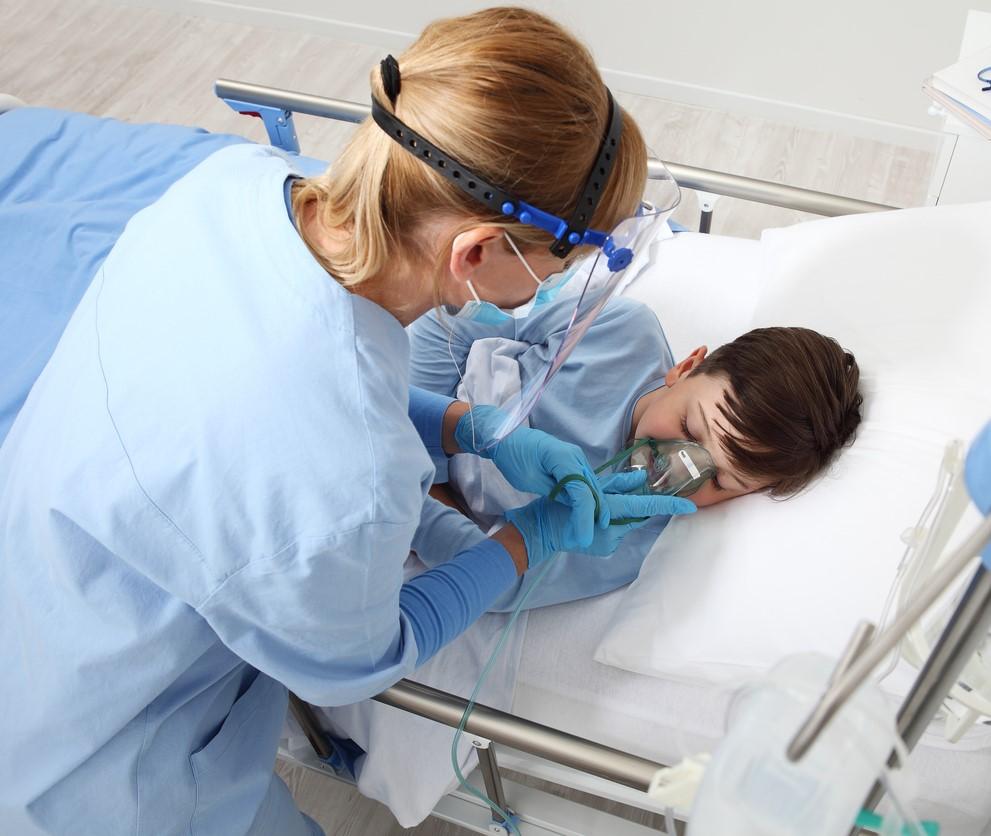Pfizer today announced initial results from a trial of its respiratory syncytial virus (RSV) vaccine Abrysvo in immunocompromised adults, which suggest the vaccine is well tolerated and prompts a strong neutralizing antibody response following one dose.

In its announcement, the company said the results are part of an ongoing phase 3 trial to evaluate two doses of the vaccine in younger adults who are at higher risk of experiencing lower respiratory tract disease from RSV. The vaccine is currently approved for use in adults ages 60 and older and for pregnant women in their last trimester as a strategy for protecting newborns.
Four study groups
The study was designed to examine vaccination in four groups of immunocompromised adults: those with non–small cell lung cancer, those on hemodialysis due to end-stage renal disease, those with autoimmune inflammatory disorder receiving active immunomodulator therapy, and solid-organ transplant recipients. Of 203 participants, half were between ages 18 and 59.
Though the company evaluated two doses, one 120-microgram dose generated a strong neutralizing response to both RSV subtypes across all age-groups. The safety profile was similar to findings from earlier trials.
Pfizer said it will share the findings at upcoming scientific conferences, publish them in peer-reviewed scientific journals, and submit data to drug regulators.
.jpg)











